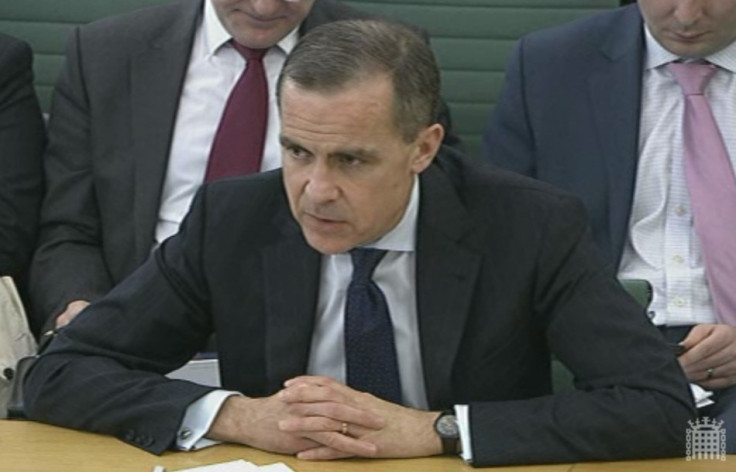Mark Carney: Inflation Better Target Than Growth for Bank of England

Mark Carney told UK lawmakers that he favours flexible inflation targeting as the best monetary policy framework for the country, though he remains open-minded about suggestions that the Bank of England should adopt a nominal GDP target as part of its remit because of the flatlining economy.
The incoming governor of the Bank of England faced more than three hours of questions from the House of Commons Treasury Select Committee in London Wednesday as he makes his final preparations to become the first foreigner to take the corner office on Threadneedle Street.
Carney, currently head of the Bank of Canada, took questions on banking culture, monetary policy strategy, central bank independence and the generosity of his taxpayer-funded housing allowance which forms part of his £874,000 annual pay package.
"I think there is merit debating framework of Britain and reaching a quick decision. And in my view the best framework is flexible inflation targeting. That is best contribution not just to price stability but to employment," Carney told MPs in the Thatcher Room in Portcullis House, Westminster.
"I am far from convinced about moving to nominal GDP targeting, but it is a valid part of the debate if one is looking at a framework."
Carney said he had had "higher level discussions" with Chancellor George Osborne, who selected him as the next governor in November, about reviewing the UK's monetary policy framework.
He also reassured MPs that he would adopt a consensus-seeking approach in his governorship of the Bank of England's various committees, in contrast to incumbent Mervyn King, who has been accused of having a dictatorial reign over monetary policymaking during his decade-long tenure at the top of the central bank.
"No individual is going to have the expertise of the collective of those committees," he said.
"So it cannot be an emperor. That cannot be the approach."
Carney was asked by MPs if he was planning a "zero failure regime", to which he replied that "all institutions make mistakes".
"The bank will make mistakes," he warned.
Carney also signalled that he is open to more stimulus from the Bank of England. It has already pumped £375bn into its quantitative easing programme, under which it buys up gilts in order to improve liquidity in the markets and bring down bond yields on UK sovereign debt.
"When I come to table there will continue to be considerable slack. Unquestionably that will be a situation that merits considerable monetary policy stimulus, and those judgements about which instruments to use have to be guided by the remit given to the bank," he told the committee.
His testimony suggested there will be a shift in the culture of the UK's central bank toward more openness and discussion about monetary policymaking than there had been in the past.
He said he had a responsibility to the Treasury Select Committee to respond to its requests, such as for information, an appearance, or to carry out retrospective reviews of actions the Bank of England has taken.
Carney also said he intends to make a large amount of media appearances and speeches during his time at the Bank of England.
He was keen to press that there is "no question" about his political independence as governor.
"I don't imagine making a large about of comments about fiscal policy so don't imagine the chancellor will comment on monetary policy," he said.
© Copyright IBTimes 2025. All rights reserved.






















